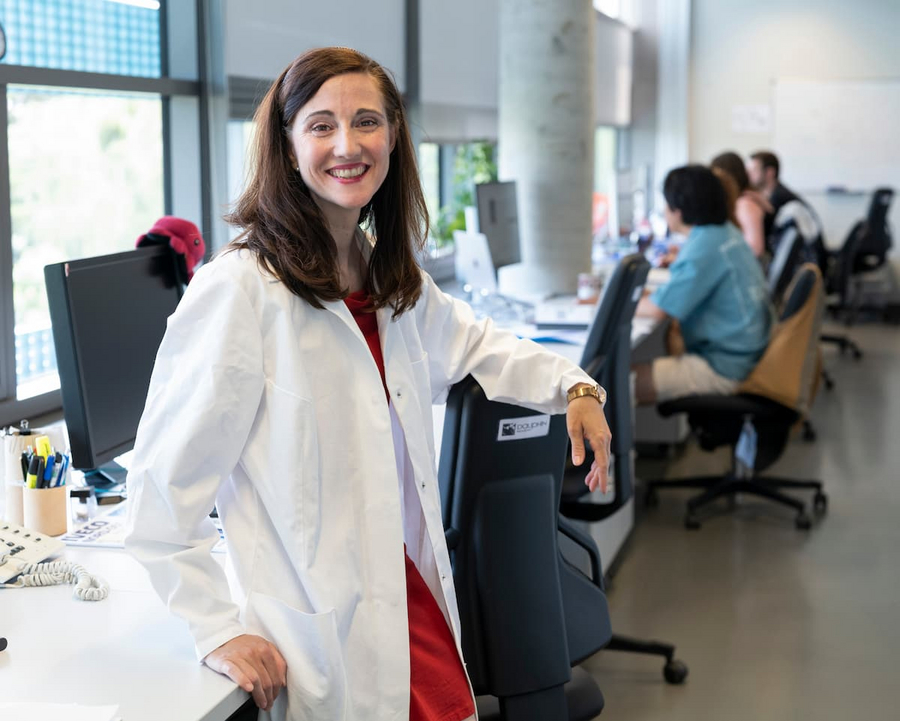
Meritxell Huch © Sven Döring
Professor Dr. Meritxell Huch, a director at the Max Planck Institute for Molecular Cell Biology and Genetics (MPI-CBG), has been elected as a full member of the Genetics/Molecular Biology and Cell Biology Division of the German Academy of Sciences Leopoldina. The German National Academy of Sciences Leopoldina brings together researchers with special expertise in their respective fields, and election to the Leopoldina is considered one of the highest honors for scientists.
“I am deeply honored to have been elected as a member of the Leopoldina,” says Meritxell Huch. “It is a humbling experience to join an institution with such a remarkable legacy of scientific excellence and societal impact. I look forward to engaging with this diverse and distinguished community and to contributing to thoughtful discussions on pressing scientific, political, and social issues. Being part of the Leopoldina is both a recognition and a responsibility, and I am grateful for the opportunity to help advance knowledge and its role in shaping our world.”
Meritxell Huch has done pioneering research on human organoids. Her work has advanced the use of organoid models in drug discovery, screening, and disease modeling for personalized medicine. Organoids are small, three-dimensional, organ-like structures derived from stem cells that grow outside of the living organism. Meritxell and her team have studied the growth and regeneration of animal and human liver and pancreas organoids.
Meritxell Huchs joins current MPI-CBG directors Prof. Anthony Hyman and Prof. Marino Zerial, as well as former MPI-CBG directors Prof. Wieland Huttner, Prof. Elisabeth Knust, Prof. Kai Simons, and Prof. Eugene Myers, as members of the Academy.
Prior to her membership in the Leopoldina, Meritxell Huch was awarded the BINDER Innovation Prize 2019, the GSCN 2022 Hilde Mangold Award, and the Otto Bayer Award 2024, among numerous other honors and awards. In 2023, she was elected as a member of the European Molecular Biology Organization (EMBO), and in 2024, she became an honorary professor for stem cell research and tissue regeneration at the Medical Faculty of the TU Dresden.
About the German National Academy of Sciences Leopoldina
The Leopoldina originated in 1652 as a classical scholarly society and now has 1,700 members from almost all branches of science. In 2008, Leopoldina was appointed to the German National Academy of Sciences and, in this capacity, was invested with two major objectives: representing the German scientific community internationally and providing policymakers and the public with science-based advice. The members from more than 30 countries bring together expertise from almost all fields of research. Each year, about 50 scientists are elected to the Academy for life in a multi-step selection process. Since the academy was founded, more than 7,000 individuals have been accepted into its ranks. Among them were Marie Curie, Charles Darwin, Albert Einstein, Johann Wolfgang von Goethe, Alexander von Humboldt, Justus von Liebig, and Max Planck. The Leopoldina champions the freedom and appreciation of science. It promotes a scientifically enlightened society and the responsible application of scientific insight for the benefit of humankind and the natural world.